Phonics practice Normal Alphabet Worksheets for Ages 4-6
12 filtered results
-
From - To
Enhance your child's reading skills with our Phonics Practice Normal Alphabet Worksheets designed specifically for ages 4-6. These engaging worksheets offer a fun and effective way for early learners to explore letter sounds and improve phonemic awareness. Each activity promotes sound recognition, letter formation, and vocabulary building through enjoyable exercises, captivating illustrations, and interactive tasks. As children progress through the worksheets, they will develop essential literacy skills while boosting their confidence. Ideal for both classroom and at-home learning, our phonics resources support early childhood education in a creative and accessible format. Perfect your little one’s phonics expertise today!
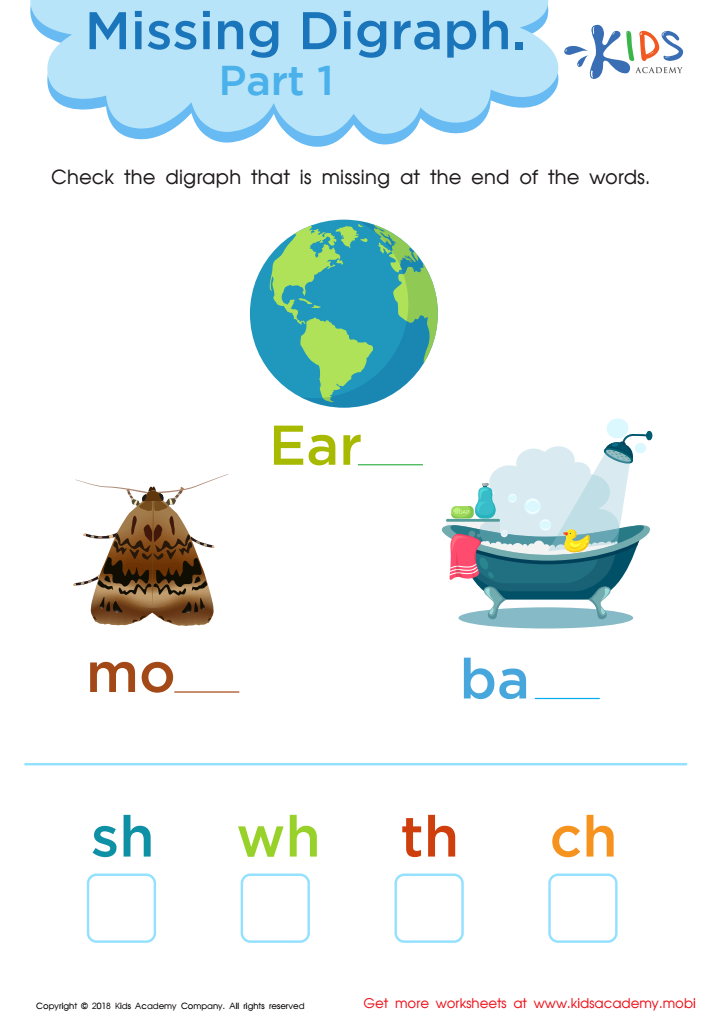

Missing Digraph: Part 1 Worksheet
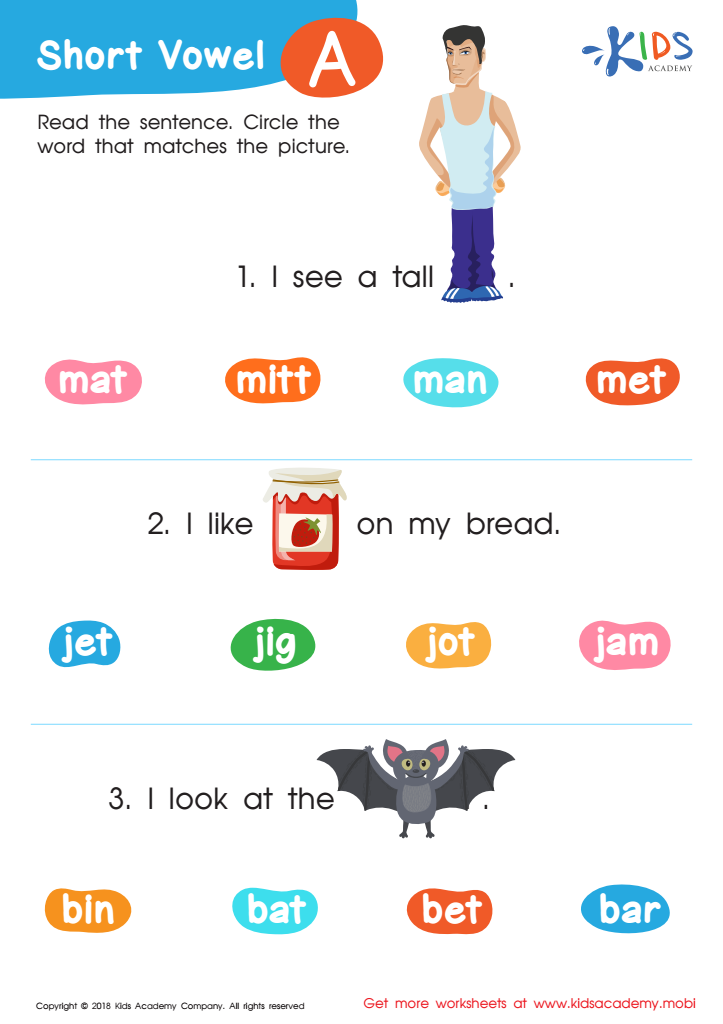

Short Vowel /a/ Worksheet


Letter A Coloring Sheet
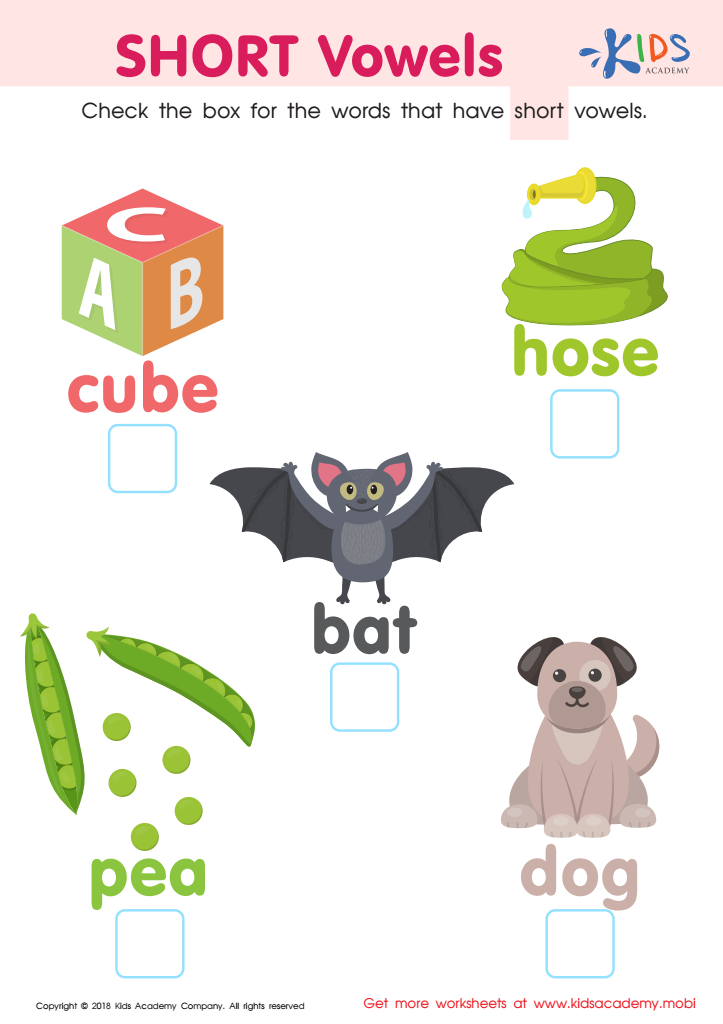

short vowels Worksheet
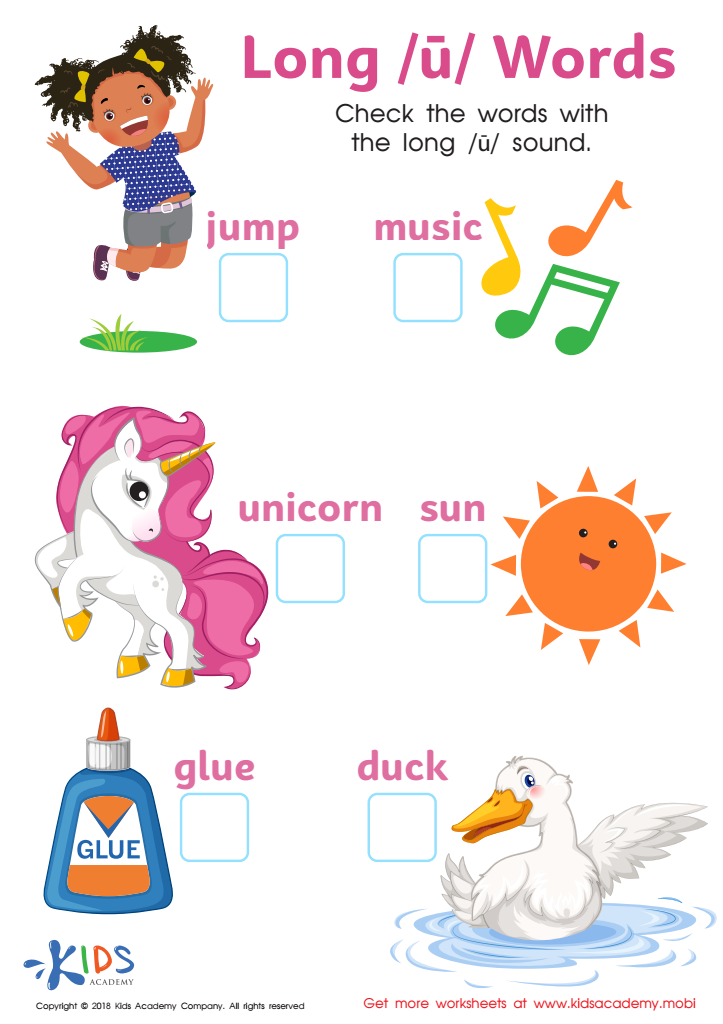

Long U Words Reading Worksheet


Twin Onset Worksheet
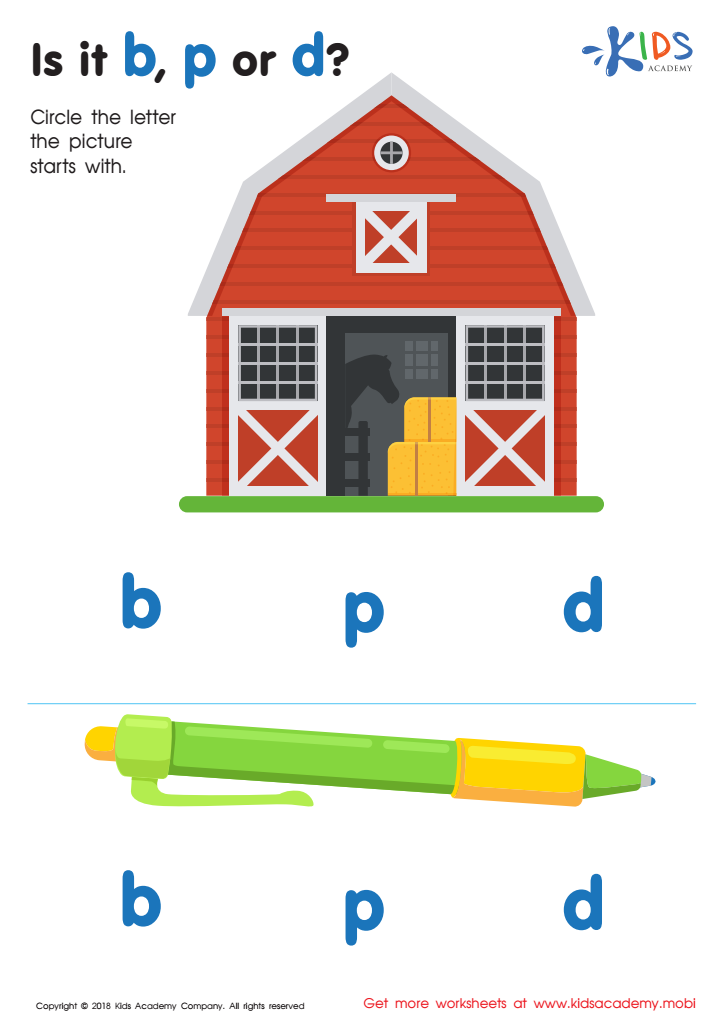

Is it b, p or d? Worksheet


Short Vowel Eggs Worksheet


Words with sound p Reading Worksheet


Words with sound f Reading Worksheet
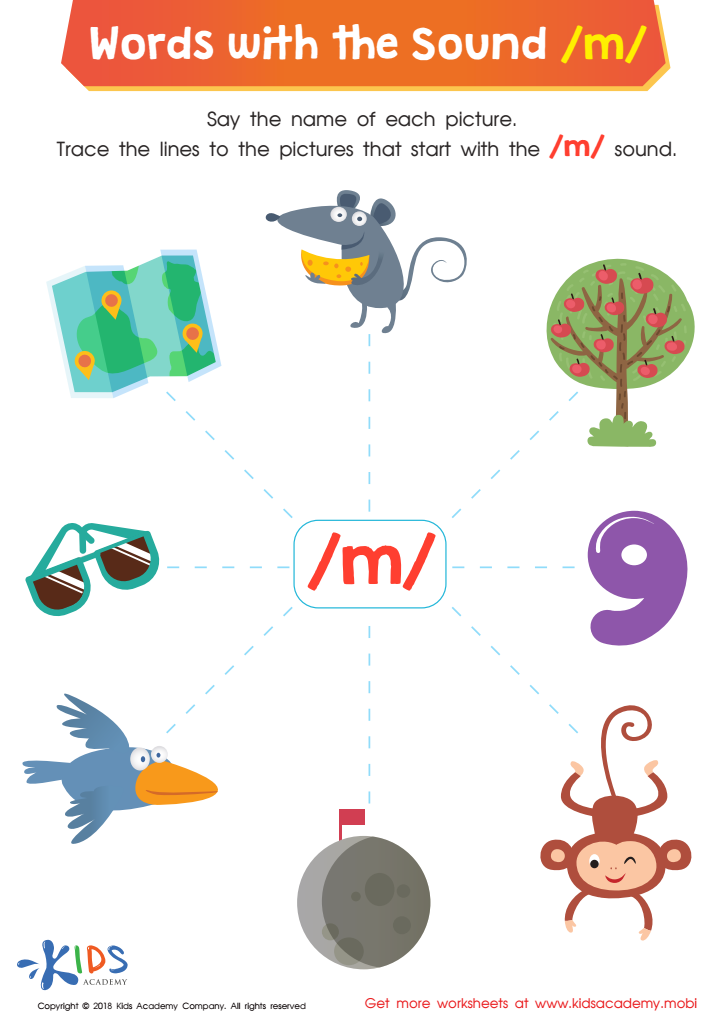

Words with Sound M Reading Worksheet
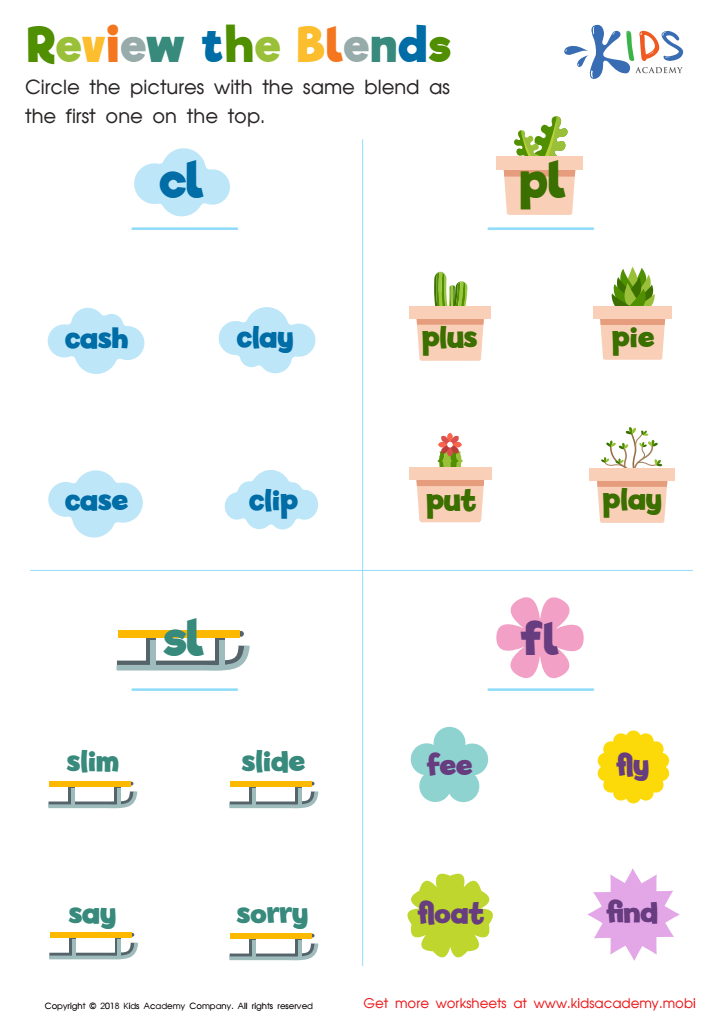

Review the Blends Worksheet
Phonics practice using the normal alphabet is crucial for children aged 4-6 as it lays the groundwork for successful reading and writing skills. During these formative years, children start to recognize letters and understand the sounds they represent. This foundational knowledge is vital, as phonics helps children decipher unfamiliar words, making reading more accessible and enjoyable.
By focusing on phonics, parents and teachers promote not just the ability to read, but also comprehension and language development. Children learn to blend sounds to form words, which boosts their confidence and encourages them to engage with texts independently. Early phonics skills also positively impact vocabulary development, spelling, and later writing proficiency.
Moreover, phonics practice can benefit children's cognitive development by enhancing their problem-solving abilities and critical thinking skills. Engaging activities, such as songs, games, and interactive storytelling, turn learning into a fun experience, which cultivates a lifelong love of reading.
Encouraging phonics practice at home and in the classroom also fosters collaboration between parents and teachers, creating a supportive learning environment that reinforces the importance of literacy from an early age. Ultimately, investing time in phonics sets children on a path toward academic success and personal growth.

 Assign to My Students
Assign to My Students




















